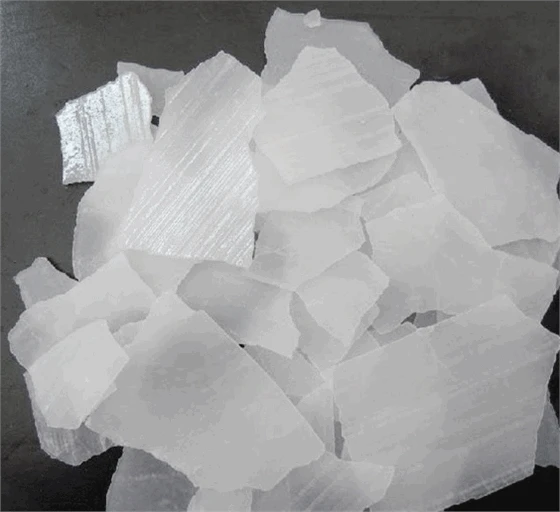



potassium nitrate safety data sheet
Safety Data Sheet for Potassium Nitrate A Comprehensive Overview
Potassium nitrate, chemically known as KNO3, is a colorless or white crystalline salt that plays a crucial role in various industries, including fertilizers, food preservation, and pyrotechnics. Given its wide applications, understanding the safety precautions associated with potassium nitrate is essential for safe handling and usage.
Physical Properties
Potassium nitrate is characterized by its high solubility in water and its ability to absorb moisture from the air. It typically appears as a white granular or crystalline substance with a slight salty taste. With a melting point of approximately 334 degrees Celsius, potassium nitrate is stable under normal conditions but can present hazards when exposed to heat or open flames.
Health Hazards
Exposure to potassium nitrate can be harmful if inhaled, ingested, or absorbed through the skin. Symptoms of exposure may include irritation of the respiratory tract, skin, and eyes. Ingestion of large amounts may lead to gastrointestinal distress, nausea, and vomiting. While potassium nitrate is generally regarded as safe in food applications, exposure to large quantities should be avoided to prevent health complications.
Prolonged exposure may result in a condition known as methemoglobinemia, which impairs the blood's ability to carry oxygen. This condition is particularly concerning for vulnerable populations, including infants and individuals with pre-existing health conditions. Therefore, it is critical to follow recommended safe handling practices to minimize exposure.
Environmental Hazards
Potassium nitrate is considered to have a low environmental impact when used appropriately. However, excessive use in agricultural applications can lead to runoff into waterways, potentially causing eutrophication—a process that depletes oxygen in water and harms aquatic life. Therefore, it is crucial to use potassium nitrate judiciously and in accordance with local regulations and guidelines to mitigate environmental risks.
Safe Handling and Storage
potassium nitrate safety data sheet

To ensure safety when handling potassium nitrate, individuals should adhere to several guidelines
1. Personal Protective Equipment (PPE) Wear appropriate PPE, including gloves, goggles, and respiratory protection when necessary. This reduces the risk of direct contact and inhalation.
2. Ventilation Ensure adequate ventilation in workspaces to minimize inhalation risks. Utilize fume hoods or exhaust systems when working with large quantities.
3. Storage Store potassium nitrate in a cool, dry place away from incompatible materials, such as flammable substances and strong acids. Containers should be tightly sealed and clearly labeled to prevent accidental exposure or contamination.
4. Spillage and Disposal In the event of a spill, restrict access to the affected area and clean it up using appropriate methods, such as sweeping or vacuuming. Dispose of waste according to local regulations to prevent environmental contamination.
Emergency Procedures
In case of accidental exposure, immediate action is crucial. For skin contact, rinse with plenty of water for at least 15 minutes and remove contaminated clothing. If inhaled, move the individual to fresh air and seek medical attention if symptoms persist. Ingestion of potassium nitrate requires immediate medical intervention.
Conclusion
Understanding the safety data sheet for potassium nitrate is vital for anyone involved in its handling and application. Through proper safety practices, we can harness its benefits while minimizing potential risks to health and the environment. Education and awareness are key components in ensuring the safe use of potassium nitrate across various sectors.
-
Why Sodium Persulfate Is Everywhere NowNewsJul.07,2025
-
Why Polyacrylamide Is in High DemandNewsJul.07,2025
-
Understanding Paint Chemicals and Their ApplicationsNewsJul.07,2025
-
Smart Use Of Mining ChemicalsNewsJul.07,2025
-
Practical Uses of Potassium MonopersulfateNewsJul.07,2025
-
Agrochemicals In Real FarmingNewsJul.07,2025
-
Sodium Chlorite Hot UsesNewsJul.01,2025










